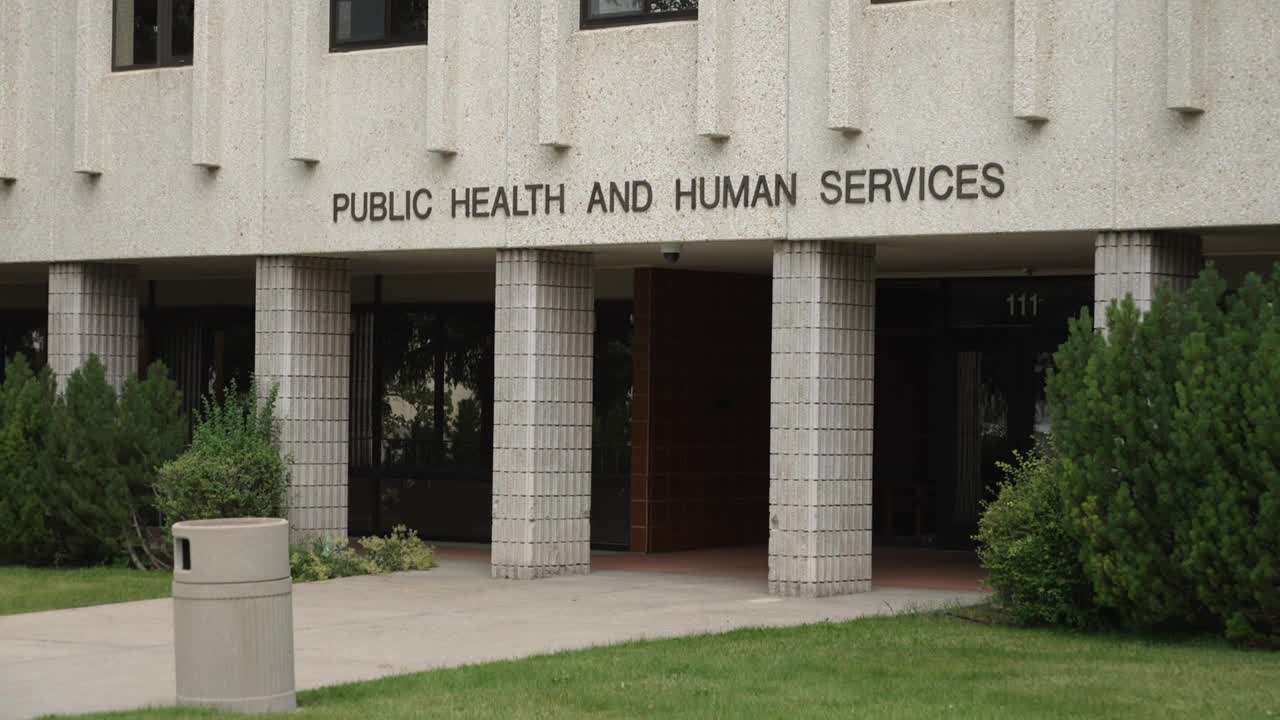HELENA — Gov. Greg Gianforte’s administration has released more details on its plans to implement work requirements and charge premiums for people on Medicaid expansion.
Earlier this month, leaders with the Montana Department of Public Health and Human Services told lawmakers they were ready to seek a federal waiver that would let them introduce community engagement requirements and cost sharing for the state’s Medicaid expansion program. On Friday, the department officially published their draft request for a five-year waiver.
“By linking Medicaid eligibility to payment of premiums and meaningful work-related activities, the waiver intends to foster a culture of personal responsibility and upward mobility, ensuring that public resources are targeted to those most in need while supporting individuals on their path to greater independence and self-sufficiency,” the document says.
(Watch the video for a closer look at the possible changes to Medicaid expansion.)
Montana’s existing Medicaid expansion law has called for work requirements for years, but that part of the law has never been implemented because it needed federal approval.
If the waiver application is approved, people wanting to get onto Medicaid expansion in Montana will have to be working, in school, in workforce training or involved in another type of approved community engagement for at least 80 hours a month, for at least one month before they apply. Those on the program will be checked for compliance every six months and would have 30 days to get into compliance before being disenrolled.
The waiver would also require Medicaid expansion recipients to pay monthly premiums. The premiums would start at 2% of their household income and increase if the person remains on the program longer than two years. People who don’t pay would have charges assessed against their income tax – and if they’re above the federal poverty level, they could be disenrolled if they don’t pay within 90 days.
HR 1, the federal “One Big Bill” requires all states to implement community engagement requirements for Medicaid expansion by the end of 2026. In the waiver request, DPHHS leaders said there are “slight discrepancies” between what’s in that bill and what the existing language in Montana Code Annotated requires.
“To promote administrative simplicity, avoid unnecessary system changes, and ensure prudent use of State resources, the State proposes to implement community engagement requirements consistent with HR 1, while also including several State-specific elements included in MCA.”
According to the waiver request, federal law exempts a number of groups – including pregnant women, Native Americans, parents with children 13 or younger and people with specific disabilities – from community engagement requirements and from premium increases. The state also wants to offer shorter-term “good cause” exemptions to groups like people experiencing homelessness and victims of domestic violence.
The waiver request says, when possible, the state will try to use evidence from existing programs to confirm compliance with or exemptions from community engagement requirements, but that some Medicaid enrollees will need to provide additional documentation to DPHHS.
One other major difference between federal and state law is in the structure of cost sharing. The waiver request says HR 1 prohibits states from using premiums after Oct. 1, 2028, and instead requires them to charge recipients copayments of up to $35 each time they use certain services. State law currently prohibits Montana from using copayments, so leaders said they’ll seek to use premiums at least until that deadline.
“Beyond that date, Montana intends to continue utilizing premiums and will pursue a waiver of the new federal prohibition, aiming to fully demonstrate the effectiveness of premiums in encouraging individuals to have “skin in the game,” make informed health care decisions, and prepare for commercial health coverage options with cost sharing features that typically become available upon achieving and maintaining gainful employment,” the request said.
DPHHS leaders say, if the waiver’s approved, they’ll implement the new requirements “as soon as is practicable.”
The release of the proposed waiver already drew criticism from Montana Democrats. In a statement, the state party said the Gianforte administration was rushing the new requirements long before they’re necessary and “forcing Montanans to endure more red tape and pay higher costs to receive the healthcare they deserve.”
DPHHS will be holding public meetings on the waiver proposal next week. On Tuesday, July 29, they’ll hold a virtual tribal consultation, to get responses from tribal governments, Urban Indian Health Centers and the Indian Health Service. There will be an in-person meeting Thursday, July 31 at the DPHHS Cogswell Building in Helena, followed by a virtual meeting Friday, Aug. 1. Each meeting will run from 3 p.m. to 5 p.m. If you’d like to participate, you can find out how to register on the DPHHS website.





